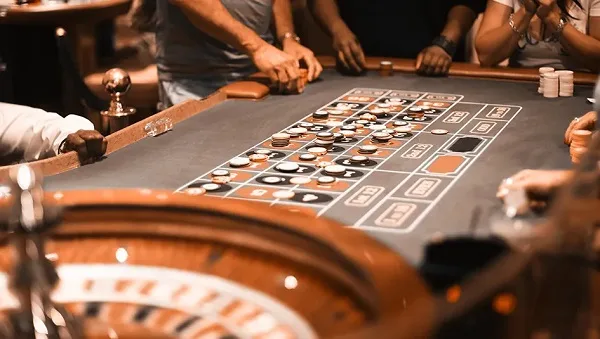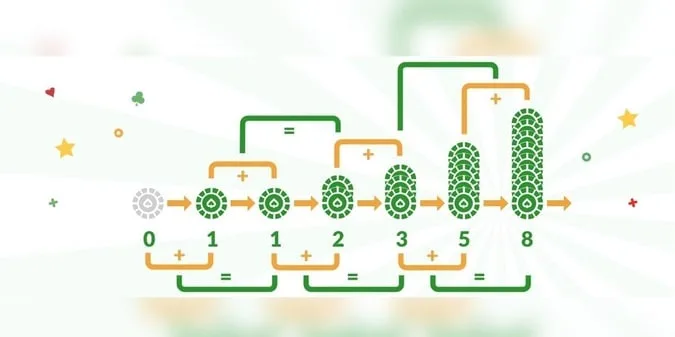
Fibonacci Betting Strategy in Roulette
Dive into the mathematical elegance of the Fibonacci betting strategy, a system embraced by roulette enthusiasts for its unique approach to overcoming the odds. This article explores the origins, challenges, effectiveness, notable implementations, and future prospects of this intriguing strategy.
Who Created It and When
The Fibonacci betting strategy is named after Leonardo of Pisa, known as Fibonacci, who introduced the Fibonacci sequence to the Western world in his 1202 work “Liber Abaci”. Though not designed for gambling, this sequence has been adapted into a betting strategy that has fascinated gamblers for decades.
Challenges with the Strategy
Risk of Accumulating Losses
One of the main challenges of the Fibonacci strategy is the potential for accumulating losses during a prolonged losing streak, which can strain the player’s bankroll and test their resolve.
Complexity in Sequence Management
Keeping track of one’s position within the Fibonacci sequence requires attention and discipline, especially in the dynamic environment of a casino.
Table Limits and Strategy Limits
Like other progressive betting systems, the Fibonacci strategy is also subject to the constraints imposed by table limits, which can limit the strategy’s applicability and effectiveness.
How Effective It Is
The effectiveness of the Fibonacci betting strategy is a subject of debate. While it offers a structured approach to betting, its success is influenced by factors such as the player’s bankroll, table limits, and the inherent volatility of roulette.

Examples of Who Used It
Over the years, numerous players have turned to the Fibonacci strategy, drawn by its mathematical foundation and the allure of a systemized betting approach. Some have reported success, while others caution about its limitations.
The Fibonacci Strategy in Practice
Implementing the Fibonacci strategy in roulette involves following the sequence for bet progression, offering a methodical alternative to random or emotion-driven betting. Its use encourages discipline and a long-term perspective on betting.
What Their Future Prospects Are
The Fibonacci betting strategy remains a topic of interest among gambling strategists and mathematicians. Its blend of historical significance and application to gambling ensures it will continue to be discussed, analyzed, and tested by future generations of roulette players.
